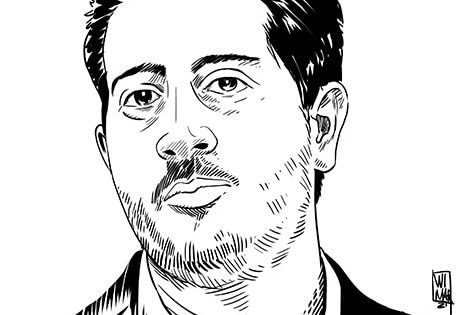(WAN/IFEX) – The following is a WAN press release: **Updates IFEX alerts of 2 March 1999** Paris, 5 March 1999 For immediate release WAN protests Cuban press crackdown WAN has protested to President Fidel Castro against Cuba’s new restrictive press law and the disappearance and arrest of several journalists, including the newest member of WAN’s […]
(WAN/IFEX) – The following is a WAN press release:
**Updates IFEX alerts of 2 March 1999**
Paris, 5 March 1999
For immediate release
WAN protests Cuban press crackdown
WAN has protested to President Fidel Castro against Cuba’s new
restrictive press law and the disappearance and arrest of several
journalists, including the newest member of WAN’s Press Freedom
Committee.
“We urge you to put a firm end to this persecution of the media, to free
those journalists still in detention and to revoke the recent law,” WAN
said in a letter to the Cuban President.
The Paris-based WAN, the global association of the newspaper industry,
expressed grave concern over the disappearances of two journalists, the
arrests of seventeen others and the passing of a law that imposes
sentences of up to twenty years in prison for the distribution of
“subversive” documents.
Among the seventeen Cuban journalists arrested this year was Raúl
Rivero, Director of the independent “CubaPress,” who was recently
appointed to WAN’s Press Freedom Committee. The Committee oversees the
press freedom activities of the Association, which represents 15,000
newspapers worldwide.
Nine of the arrested journalists were still behind bars, according to
reports.
WAN also called on Castro to launch a full investigation into the
disappearances of José Edel Garcia Diaz, a reporter for “Centro Norte
del Pais,” and Jesus Diaz Loyola, a “Havana Press” reporter, who have
not been seen since 25 February. The disappearances “are particularly
disturbing in the context of recent repression of media in your
country,” said the letter to Castro, signed by WAN President Bengt
Braun.
Cuba passed a new press law on 16 February that makes it a crime to
contact foreign media, distribute information opposed to Cuba’s
“fundamental interests,” or possess or distribute documents of a
“subversive” nature (see IFEX alert of 17 February 1999).
“The passing of this law, the continuing detention of these journalists
and the sporadic arrests of several others in the last month, constitute
a sinister attack on the press and brazenly flout the American
Convention on Human Rights, a convention signed by Cuba, which states
that everyone has the right to freedom of thought and expression,” WAN
said.


